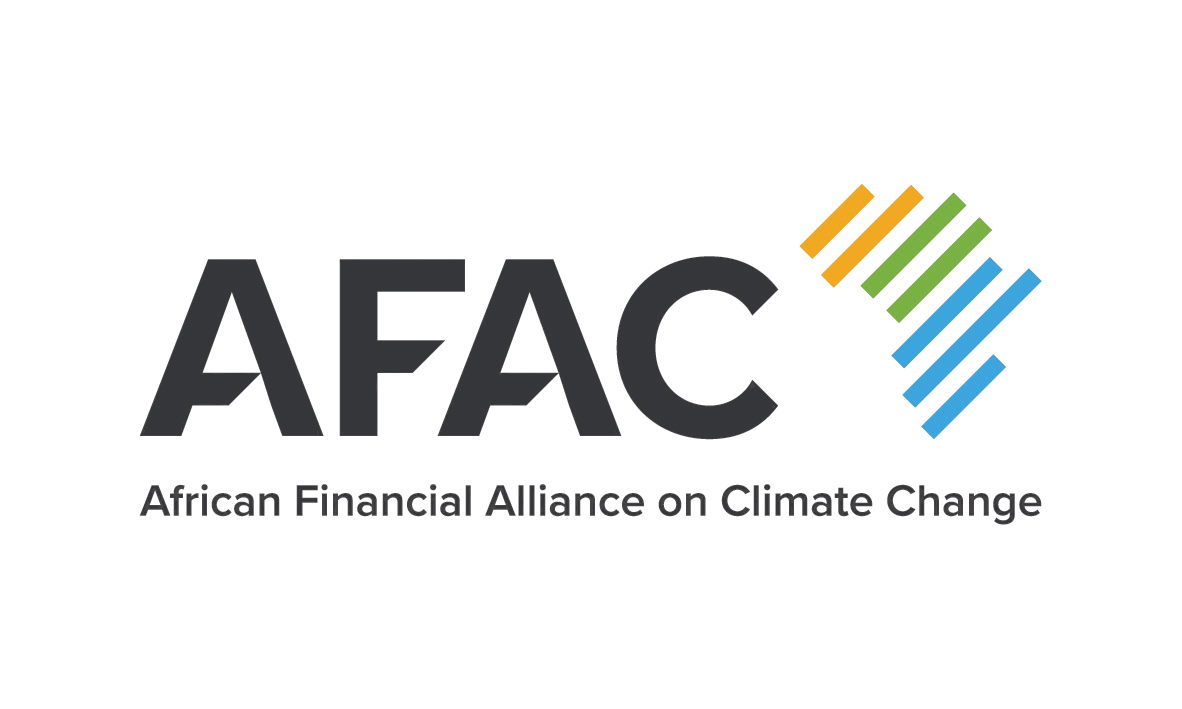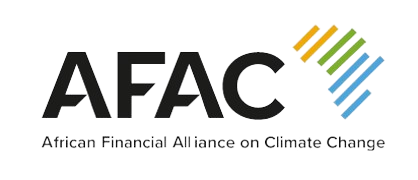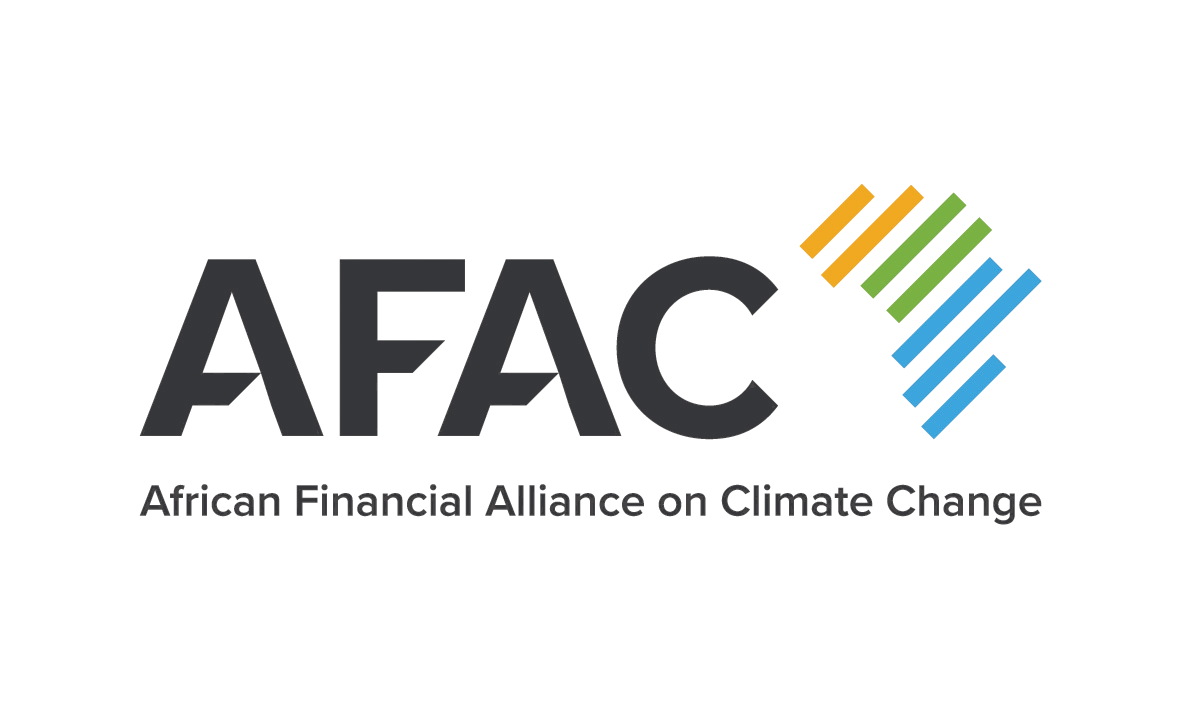
Pillar 1 Leadership and awareness
African financial systems are aware of climate change risks to their economies, and the African financial sector has a platform to convey its voice.
The objective is to empower African financial actors and policymakers by making them fully aware of the climate change risks to their economies.
This is a strategic move by AFAC to increase awareness and support for climate finance, shape policy, spur action, and secure media coverage.
AFAC, through its initiatives, can expand its influence, foster partnerships with supporters and policymakers, and highlight critical issues.
Since its inception, AFAC has been at the forefront of advocacy, raising awareness of climate threats, investment prospects, and emerging trends in sustainable finance.
AFAC is committed to helping African financial institutions overcome climate finance challenges,
promoting more action to raise awareness, develop capabilities, and provide guidance. Therefore,
this workstream will tackle the financing challenge by fostering a deeper understanding of the potential benefits of investing in Africa’s climate finance sector and developing a pipeline of financially viable projects attractive to investors.

Pillar 2 : Access to data
The African financial system’s actors have access to comprehensive and comparable data on the climate and climate vulnerability.
The African Climate Finance Architecture (AFAC) recognizes the critical role of data in building
a robust and transparent climate finance system. In a 2021 study on Climate Risk Regulation in Africa’s
financial sector conducted by the Global Centre on Adaptation and the African Development Bank (AfDB),
lack of data was cited as one of the major barriers hindering private sector players from properly
managing climate risk. On the public authority side, 82% of authorities interviewed named the lack
of data and lack of capabilities for defining regulations and guidelines as the main challenges,
followed by a lack of international standards or common methodologies (such as stress tests),
which was mentioned by 73% of authorities interviewed. Therefore,
this workstream will promote access to quality and comparable data and capacitate
African financial institutions to better manage climate risks and opportunities.

Pillar 3: Climate risk regulation
Climate-related risk management is commonly used in financial operations.
AFAC recognizes the need for adequate financial regulations to foster investor confidence
while deepening Africa’s nascent sustainable finance market.
To date only a few financial sector regulators and supervisors
have published regulations or supervisory expectations with respect
to financial institutions’ climate risk management practices.
AFAC aims to work closely with implementing partners to develop Africa's climate
finance data architecture, which will underpin the development of climate finance
regulations suitable for the African context. The implementation of climate financial
regulations will enable African countries to mobilize resources to finance climate
adaptation and mitigation projects.

Pillar 4: Climate risk management
Financial system actors have enough capacity to address climate risks and climate vulnerability in their decision-making.
AFAC recognizes the importance of climate finance risk management towards ensuring that investments in climate change mitigation and adaptation are effective, efficient, and sustainable.
Therefore AFAC aims to work with deThis requires developing risk management strategies that take into account the uncertainties and complexities associated with climate change.
These strategies should include risk identification, assessment, mitigation, and monitoring.
If done effectively, climate finance risk management can help to unlock private sector investment in
climate action and accelerate the transition to a low-carbon and climate-resilient economy.

Pillar 5: Green finance
Capital is mobilized and adequately allocated to sustainable development in Africa.
According to a report on climate finance by the Climate Policy Initiative (CPI),
private climate finance comprises half of the total climate finance globally.
In Africa, it was only 14% (USD4.2 billion) of the total climate finance during 2019 and 2020,
significantly lower than in other regions of the world. Actual and perceived risk and ticket sizes have dissuaded private capital players,
and steps need to be taken to expand overall investment and encourage private sector contributions.
This workstream will identify and deploy innovative approaches tailored to the African context that will foster green financial flows on the continent.





